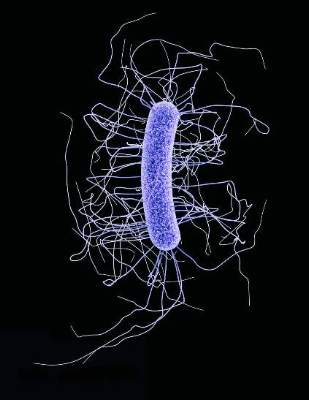FROM THE PEDIATRIC INFECTIOUS DISEASE JOURNAL
The identification of risk factors associated with recurrent Clostridium difficile infection (rCDI) might allow early recognition of those children at highest risk, said Dr. Maribeth Nicholson of Vanderbilt University, Nashville, Tenn., and her associates.
In a small study, results showed that fecal lactoferrin, calprotectin, and interleukin-8 (IL-8) should be further studied to determine their value in predicting the risk of rCDI in children.
From May 2013 through May 2014, pediatric patients with C. difficile infection (CDI) were identified through clinical laboratory records at two tertiary care children’s hospitals and those aged 12 months to 18 years were eligible for enrollment. Blood samples were collected at baseline and 30 days later. Stool was collected at enrollment and at the time of a subsequent episode of CDI (Pediatr Infect Dis J. 2016. doi: 10.1097/INF.0000000000001450).
Of the 28 pediatric patients enrolled, 27 completed follow-up and 8 (30%) experienced rCDI. There were higher initial median fecal lactoferrin, calprotectin, and IL-8 values in those with recurrent disease, although there was a notably wide range of results in these patients. These values were lower in children with malignancy, the investigators said.
This study was partially supported by the Thrasher Early Career Award and two National Institutes of Health grants. The investigators had no relevant financial disclosures.






